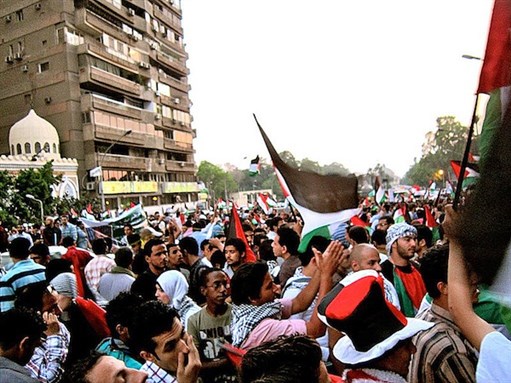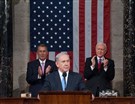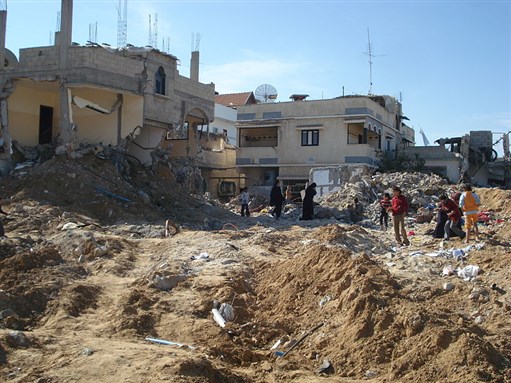[This is a monthly archive of pieces written by Jadaliyya contributors and editors on the Occupations, Interventions, and Law (O.I.L.) Page. It also includes material published on other platforms that editors deemed pertinent to post as they provide diverse depictions of O.I.L.-related topics. The pieces reflect the level of critical analysis and diversity that Jadaliyyastrives for, but the views are solely the ones of their authors. If you are interested in contributing to Jadaliyya, send us your post with your bio and a release form to post@jadaliyya.com (click "Submissions" on the main page for more information).]
In Need of Aid but Hungry for Peace, Pierre Krähenbühl
Krähenbühl appeals for political action to address the plight of Palestinian refugees in the Yarmouk Camp.
O.I.L. Media Roundup (28 March), O.I.L Editors
A compendium of news articles and other materials circulating on Occupation, Intervention and Law.
Symposium: The Fourth Amendment in the Digital Age (Washington DC, 3 April), Jadaliyya Reports
American University Washington College of Law announces a discussion of the impact of information technology on Fourth Amendment protections.
Boycott, Sovereign Anxieties, and the Decolonizing Temporality of Return: A Note on Adi Ophir’s Remarks on BDS, Nasser Abourahme
Abourahme responds to Adi Ophir`s critique of BDS` "non-violent, civic, and legalistic character."
Reading Mohamedou Ould Slahi’s Guantanamo Diary, Maisaa Youssef
A review of the book Guantanamo Diary by Mohamedou Ould Slahi.
Open Letter Urging ‘Docunight’ to Cancel its Participation in Festival Sponsored by Israeli Government, Jadaliyya Reports
An Open Letter from a number of academics and activists urges the Docunight program to cancel a joint screening with the New York Sephardic Jewis Film Festival.
O.I.L. Media Roundup (14 March), O.I.L EditorsA compendium of news articles and other materials circulating on Occupation, Intervention and Law.
من ذكرياتي عن العام 1948, Said Ibrahim Al-Husseini سعيد ابراهيم الحسيني
Husseini, eleven years old in 1948, shares his memories of and reflections on the Nakba.
Video: Jadaliyya Co-Editor Bassam Haddad and US Ambassador Dennis Ross Debate US Policy in the Middle East, Jadaliyya Reports
A video from the Lund Critical Debate Series event "American Foreign Policy in the Middle East: Success or Failure," featuring Jadaliyya Co-Editor Bassam Haddad and US Ambassador Dennis Ross.
Harvard Law Women’s Day Exhibition Selects Jadaliyya Co-Editor Noura Erakat Among Its 2015 Honorees, Jadaliyya Reports
Harvard Law School announces its honorees for its 2nd Annual International Women`s Day Portrait Exhibit, featuring Jadaliyya co-editor Noura Erakat.
The Right to Food Safety: Rights-Based Dialogue as a Springboard towards State-Building, Nizar Saghieh نزار صاغية
Sagieh contributes a discussion of the legal issues underpinning the debate around a food safety law in Lebanon.
Mental Health Programs for Syrian Refugees, Hala Kerbage
Kerbage provides an overview of Mental Health and Psychosocial Support services as provided to Syrian refugees in Lebanon.


















